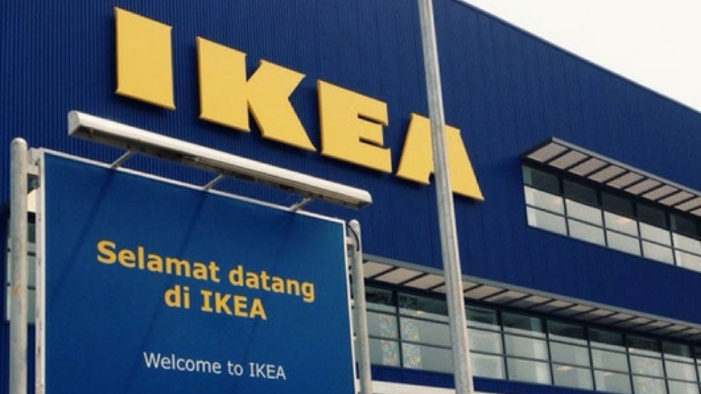June 12, 2021

“Indonesia furniture-makers fear losing ground as IKEA expands”
This was the header of an article that appeared in The Jakarta Post earlier this month.
The Indonesian Furniture and Craft Industry Association (in short, “HIMKI”) is worried that IKEA’s aggressive expansion in Indonesia will “eat into the young consumer and families market” and “affect the livelihood of small and medium (furniture) businesses”.
I wonder. Should local furniture manufacturers feel threatened?
I remember when IKEA opened its first sourcing office in Malaysia about 20 years ago and spearheaded the local manufacturing of mostly pine furniture. We were selling over 3,000m3 of imported softwood sawn timber each month to Ikea’s local suppliers. IKEA’s presence also created more awareness about certification because, already at that time, IKEA insisted that all products had to be FSC certified.
IKEA opened their first South-East Asian sales outlet in Malaysia in 1996, which was such a great success that it relocated to a huge “stand-alone” shopping centre in 2003 (IPC Shopping Centre).
One of the advantages of IKEA’s store presence was that many Malaysian manufacturers learned about panel furniture since a large part of IKEA’s products are “flat packed” chipboard or MDF furniture (who does not know the famous “Billy” bookcase?). This new direction of furniture design triggered a shift from solid wood manufacturing to panel furniture, which allowed Malaysian manufacturers to enter new export markets. Today, IKEA runs four stores in Malaysia and, from what I gathered during the last 20+ years, I can’t see that local small and medium furniture manufacturers lost or lose out.
Should Indonesian furniture manufacturers be worried about IKEA’s expansion? The answer is “no”.
But they should be worried about the lack of supply of local raw materials and focus on using more imported certified timber. And, most important, they should modernise their products and designs, automate their production, and update their marketing methods to meet local and overseas demand.
